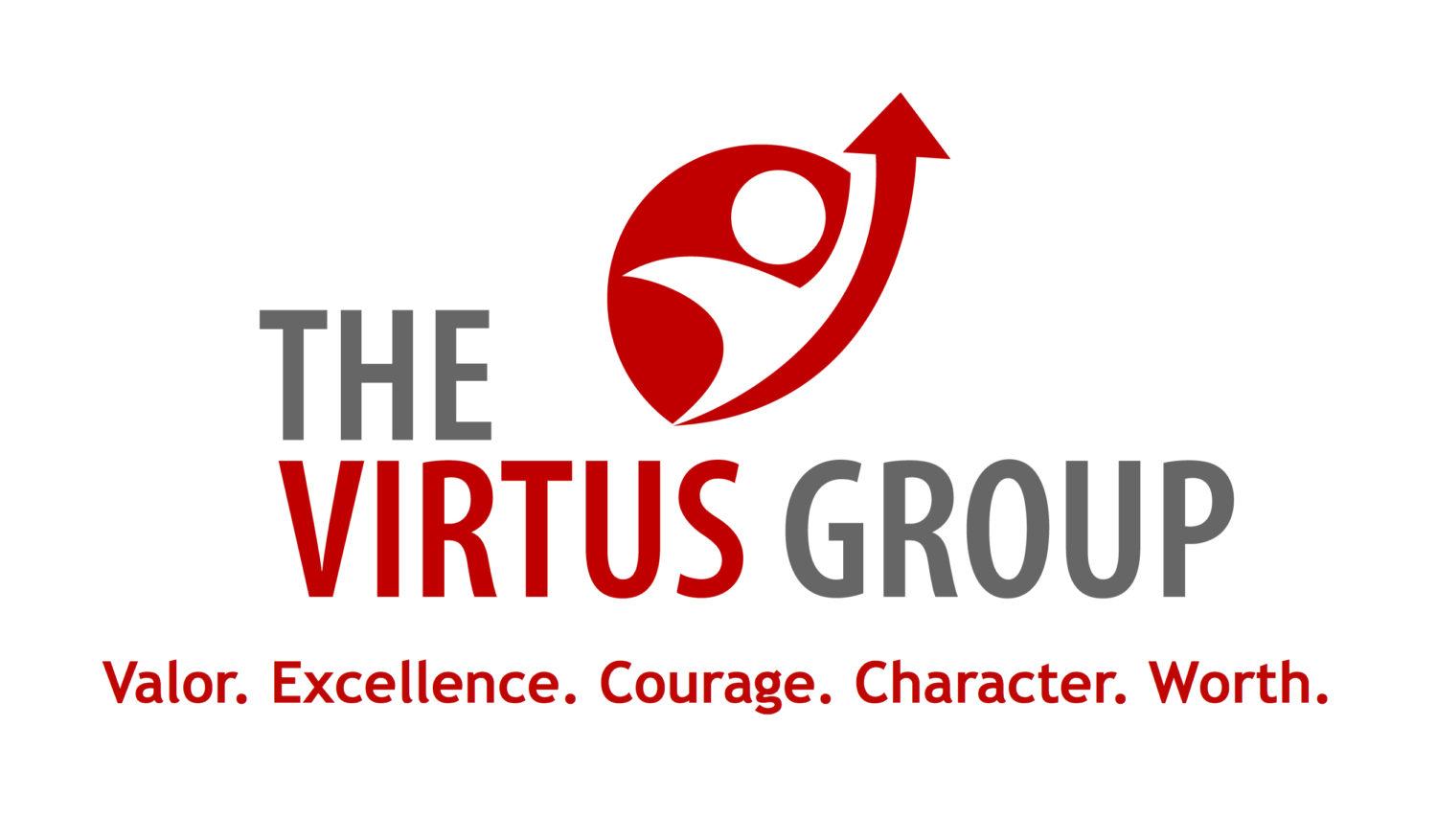It happens to the best of us. One day, we wake up (proverbially) and we realize our actions and our words are not necessarily in line. I am not talking about extreme hypocrisy or huge indiscretions here. I am talking about the subtle ways we might not be walking our talk. The big question is; if this happens to you, will you have the courage to take the necessary action to right the wrongs?

So the other day I am giving a presentation on the concept of simplification. The content was designed to bring about self-reflection for the attendees. There was deep exploration of exercises designed to identify core values and priorities. Then there was a discussion on how we spend our time, and if the way we spend our time was in line with what we claim our priorities to be (an authentic life) or if it was not (living our life according to someone else’s agenda).
I found myself fascinated with the content. The research was complex and brought me to places I had never even considered. It was not until the presentation was over that it really started to sink in that I was doing very, very little of what I was presenting. I mentioned this to a friend of mine and she said something that struck me. She stated when a researcher was allowed to choose a topic; the subconscious always guides the researcher to an area where the researcher needs the lesson more than the audience. As I considered what my friend said, I realized when it came to my research into simplification, she was right.
Uh-oh, what do I do now? Do I admit it and stand to say, “I am ashamed. I failed to lead by example. I stood here and told you to do something and I was not doing it myself.” Or do I pretend everything is fine and keep on going along as if I never had this revelation. If I were to just keep going and I keep doing the things I have been teaching on this whole time, maybe nobody would realize my indiscretion. These subtle matters are more difficult that they appear when presented in the written word.
It is fully possible no one outside of my closest inner circle would even notice where I was failing, but I knew the truth. I admitted my mistakes and the changes I needed to so that my actions came in line with my words. This was no easy task but it was the right thing to do. For each of us, those internal decisions are ours to make. This is the true test of our character. When you make a mistake, do you own it and have the courage to change yourself; or do you excuse it and keep living the lie?
Those questions and answers occur within each of us from time to time. Often the people in our lives we interact with everyday do not even know we are engaging in this important internal dialog.
You see the hardest person you will ever lead will be yourself.
It is easy to see how other people are imperfect in what they say and what they do. It is much more difficult to see the subtle flaws in your own behavior. When you want to look at how to make your work experience better, instead of looking around and blaming your environment try looking inside and seeing what part of the problem you can own. Then take the next right action to fix it.
Doing something to make you better makes the entire profession better. In fact, it is impossible for any part of the profession to improve without each and every person taking small steps of personal growth. We all need to commit to adjusting our behaviors to be better tomorrow than we are today. It is time for each of us to take a hard look in the mirror and see what we can do to improve ourselves. This will help heal our profession. Blame is easy, responsibility is hard. If we continue to look outside for the source of the problem we will continue to identify with how others are the cause of the problem. If this continues we will continue to deny responsibility and things will remain as they are today. Through a consistent series of courageous action, we can make changes that can make a difference.
